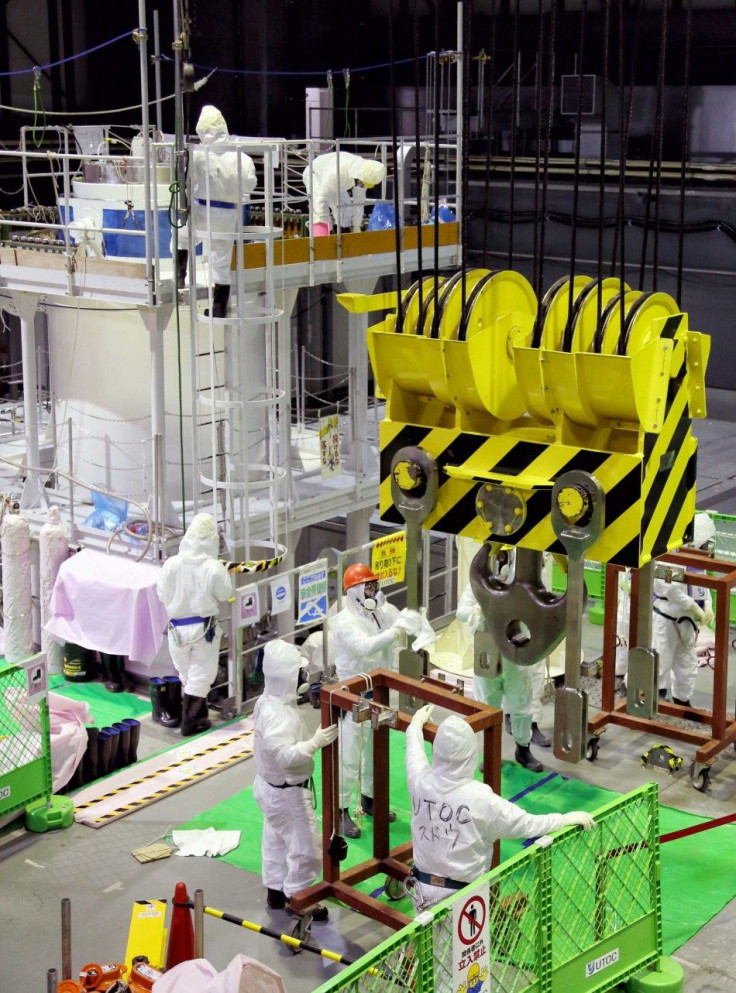Germany Shutters Oldest Reactor, Moves Closer To Zero Nuclear Plants By 2022

Germany shuttered over the weekend the Grefenrheinfeld reactor as part of the country’s decision in 2011 to stop using nuclear energy by the end of 2022. The reactor is Germany’s oldest located in the southern state of Bavaria that went online in 1981.
The plant, decommissioned one minute before midnight on Saturday night, had generated over 333 billion kilowatt-hours of electricity for Germany over the 34 years that it operated, according to Deutsche Welle.
Prior to switching off the reactor, Germany shuttered eight oldest of the 17 nuclear reactors that year right after the Fukushima nuclear plant problem in Japan. E.ON, Grefenrheinfeld’s operator, announced on Sunday the reactor’s closure, reports Associated Press.
By the end of 2017, one more reactor in the Gundremmingen plant, also in Bavaria, would go offline, while the remaining reactors are set to close in 2022. After veering away from nuclear power, Germany targets to source 80 percent of its power requirements from renewable sources by 2050.
Describing Grefenrheinfeld’s closure as a visible proof that Germany’s nuclear exit is fast approaching, German Environment Minister Barbara Hendricks, said, “Every nuclear power station that goes offline reduces the so-called residual risk and moves us a step forward in the reorganization of our energy supply.”
But German Federation of Industry Ulrich Grillo warned that exiting nuclear power could be bad for the country. He explains, “When a plant goes offline, it becomes more difficult, regionally, to ensure security of supply,” quotes Nueu Osnabrücker. Grillo believes production and jobs must be secured to keep viable the country’s clean power industry.
To contact the writer, email: vittoriohernandez@yahoo.com





















